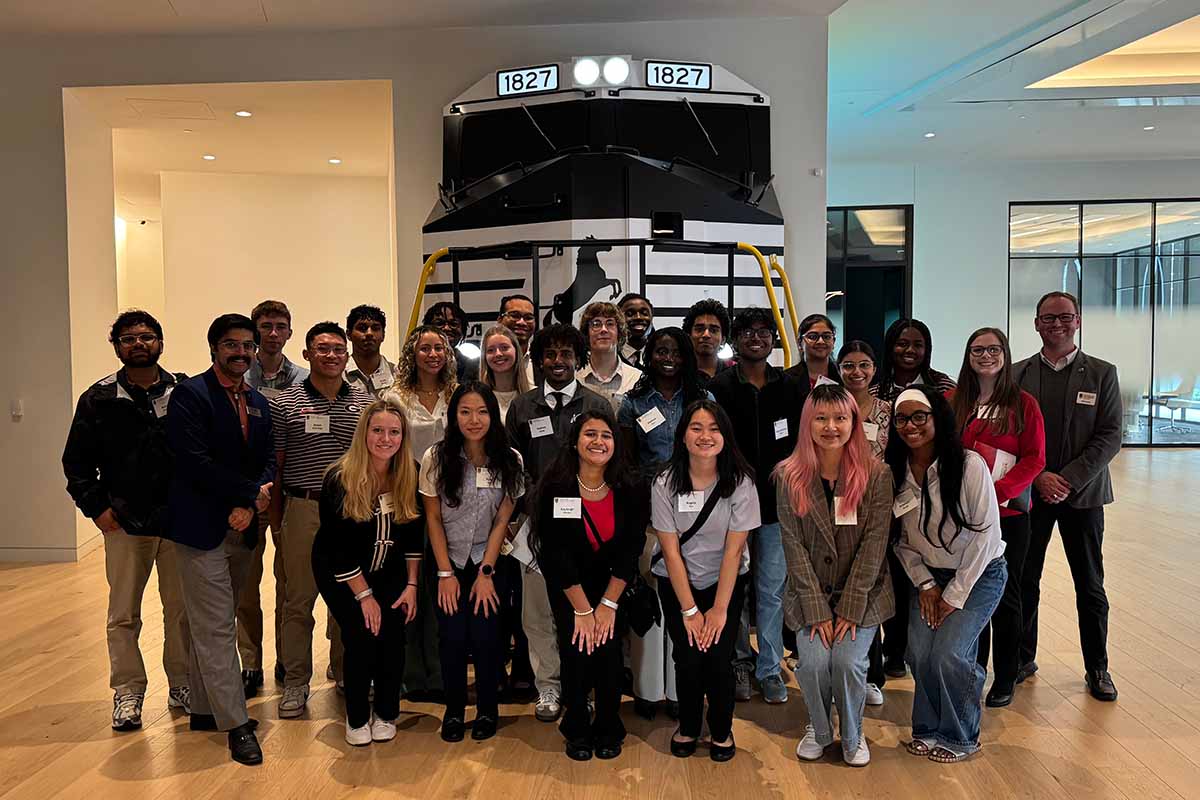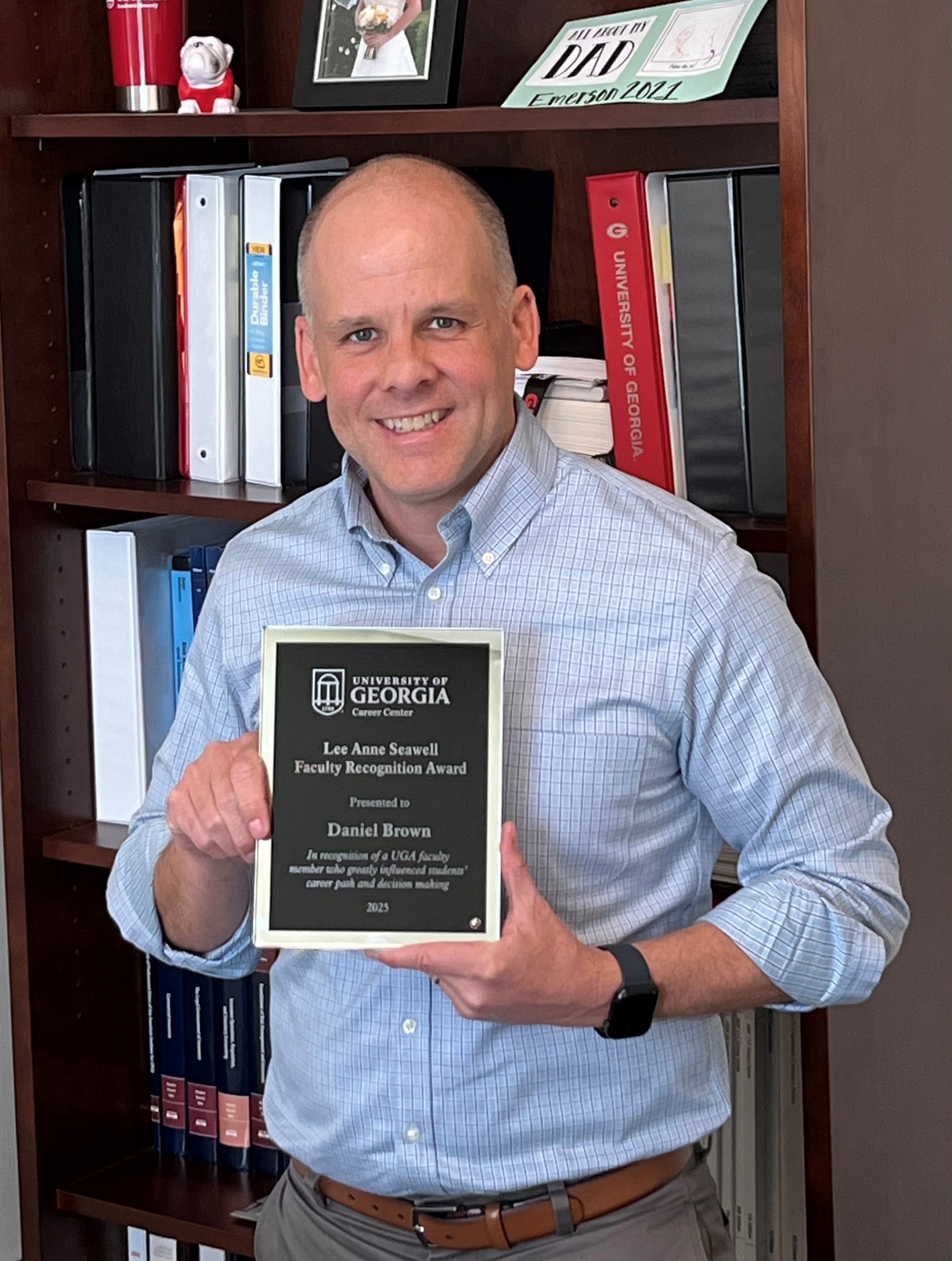UGA Career Caravan takes students to Norfolk Southern and Microsoft
The University of Georgia Career Center provides students with invaluable opportunities to explore diverse career paths. On November 7, the Career Center organized a “Career Caravan” to the Atlanta headquarters of two industry-leading companies: Norfolk Southern and Microsoft. This immersive experience aimed to give UGA students firsthand connectivity to recruiters and UGA alumni.
At Norfolk Southern, participants were provided with a closer look at the significant role railroad operations play in the state and national supply chain, as well as the logistical undertakings and technological innovations necessary to maintain and operate such a vast network. The day featured a tour of the Atlanta headquarters, showcasing the Network Operations Center which manages rail activity around the country. A panel of UGA alumni from various parts of the company shared their personal journeys and offered insights into their career paths, expectations and advancement opportunities.

At Microsoft, students engaged in a networking lunch that facilitated connections with Microsoft representatives, many of whom were UGA alumni, and provided high-level industry insights including Microsoft’s position in the artificial intelligence space. These alumni addressed student questions, offering firsthand perspectives on their professional journeys and industry expectations. The visit concluded with a tour of Microsoft’s Atlantic Station campus, highlighting its various maker spaces and host sites of university hackathons and coding competitions.
The Career Caravan exemplifies the UGA Career Center’s commitment to equipping students with the tools and experiences necessary for successful career journeys.
“While we regularly welcome employers to Athens, it’s just as important for our students to step into these workplaces themselves, to get a feel for the environment and connect with our alumni and their colleagues on their own turf,” said Will Lewis, Associate Director of Employer Relations & Communications of the UGA Career Center. “Getting our students in front of companies like Norfolk Southern and Microsoft gives them a real feel for company culture, hiring practices, and possible career paths. It’s the kind of hands-on exposure that really bridges the gap between what they learn in class and what it’s like to work in the real world.”
The Career Caravan exemplifies the UGA Career Center’s commitment to equipping students with the tools and experiences necessary for successful career journeys. Other recent Career Caravan corporate site visits have included Delta Air Lines, IHG Hotels & Resorts, the Atlanta Braves, Google-Midtown, Boston Scientific and Insight Global.
“Building and maintaining partnerships is mutually beneficial, enabling us to support students while giving companies a direct connection to UGA’s exceptional talent,” said Holly Getchell, Director of Employer Relations at the UGA Career Center. “We’re grateful to have partners like Norfolk Southern and Microsoft who help us elevate the student experience and foster professional growth.”
Host a UGA Career Caravan
Career Caravans take place every semester. Companies interested in hosting UGA students for a future Career Caravan should contact Will Lewis at wal24@uga.edu.


